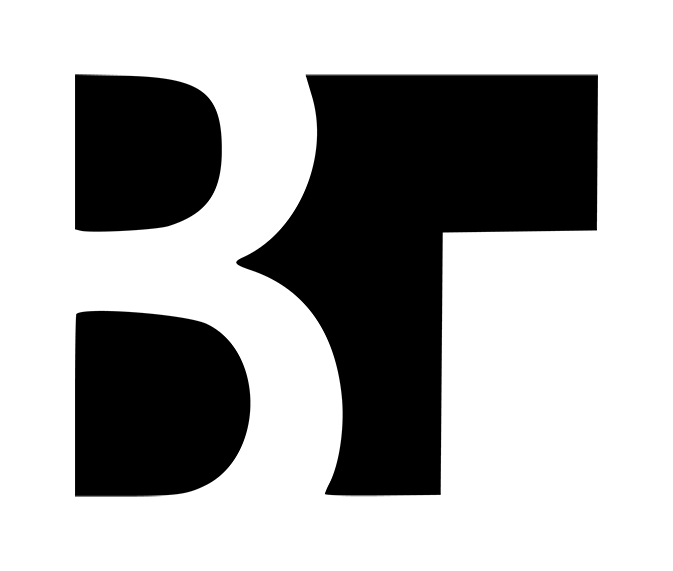
I recently found myself wondering how you might go about measuring the efficiency of your contributions to a team. An odd thing to stumble upon, but it was grounded in a recent situation that I'd imagine isn't all to uncommon in industry: you and some coworkers are working on something together. A presentation, a report, what have you. You divvy up the work based on subject matter expertise and go heads down working for a period of time. Some time goes by and you do a check-in with your team and find that you are either significantly ahead of your coworkers, significantly behind, or anywhere on this spectrum.
It's an interesting conundrum, as lets consider in this example that you've completed twice as much work as your colleague next to you (say pages in a report, lines of code, what have you). Would you say that you are more efficient or that your coworker is being inefficient? As all work is new work, there's really no baselines, outside of some loose guidelines for the expectation of how long this should take.
At the end of the day, you've produced a scenario where you might not be able to call it day and leave your coworker behind, lest you start degrading your title of being dependable or reliable. If you're a more efficient worker, you're effectively penalized for it. As salaried employees, our pay doesn't adjust based on this productivity factor, whereas an employee working on commission might reasonably expect to see their financial benefit increase as they complete more work, make a sale, help a customer, etc.
But put this is the context of your customer - If you're billing a client hourly, you're actually selling yourself short by being more efficient at the work you do. This is counterproductive as it rewards hours over results. And it makes the less efficient practitioners look like the better employee, especially if they have to stay late to meet deadlines.
Photo Credit: Gregory Althoff | Dribbble


Member discussion: